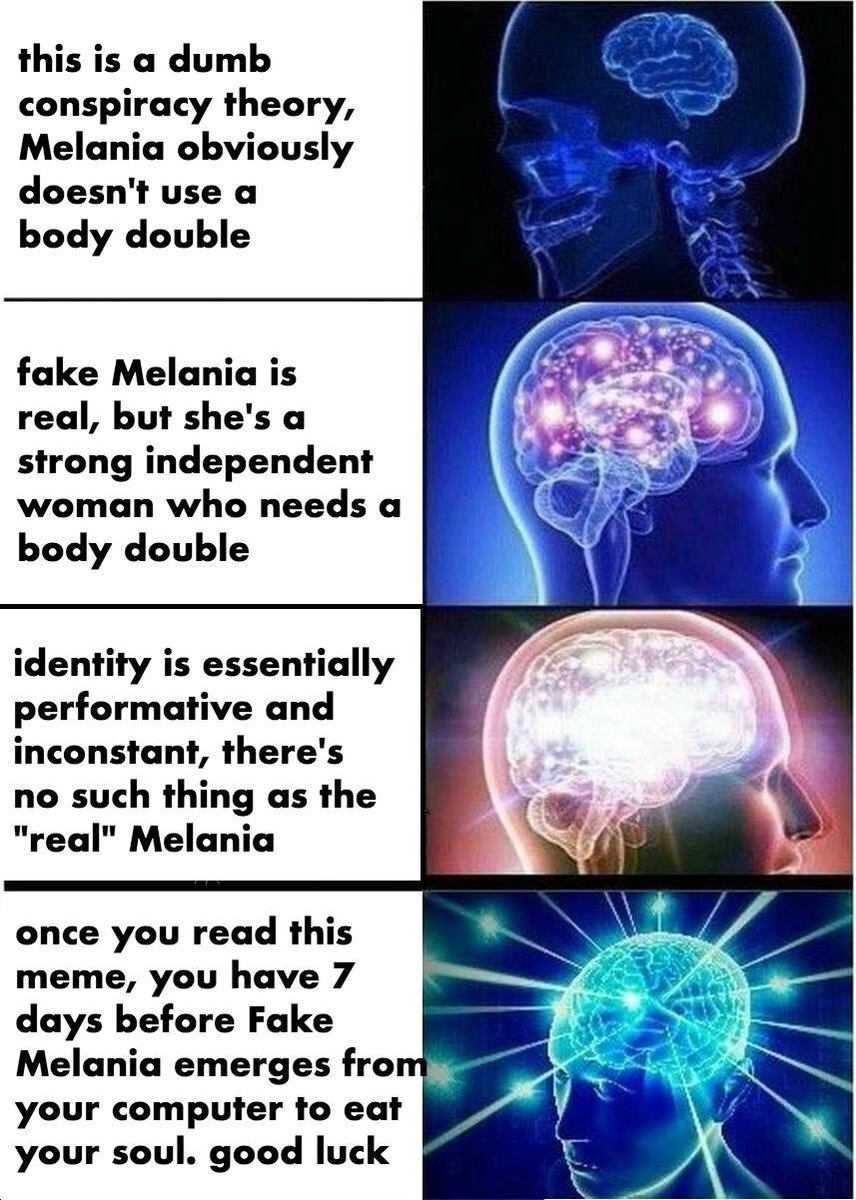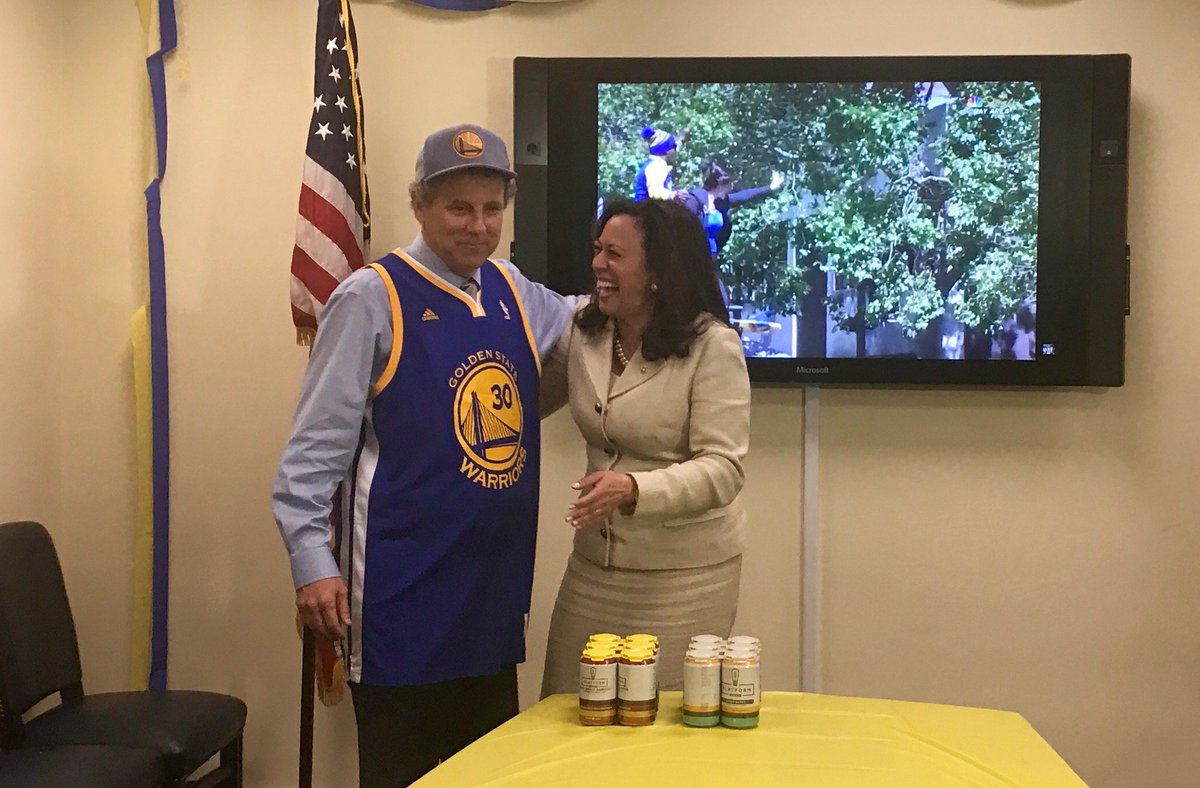But as the Post and 60 Minutes reported, the DEA only signed onto the law reluctantly after leadership changes at both the agency and Justice Department and after it worked with Hatch on the bills language and figured that it got the best possible deal it could.
DEA felt this wasnt a great solution, but was the best of the options offered to us, even if it did not fully address the concerns we had previously laid out for you, Jill Wade Tyson, a congressional liaison officer for the Justice Department, wrote in an email to Senate staff at the time, according to the Post.
As a Senate aide explained, DEA approval was perhaps the most critical point in the debate: If Congress is looking at a bill that affects a federal agency, the bill is going to be much less controversial if the agency approves of it. That the DEA was reluctant and only came on board after leadership changes and heavy lobbying from the industry, including people like D. Linden Barber, a former DEA lawyer who now works for the drug distributor Cardinal Health got lost in the process.


